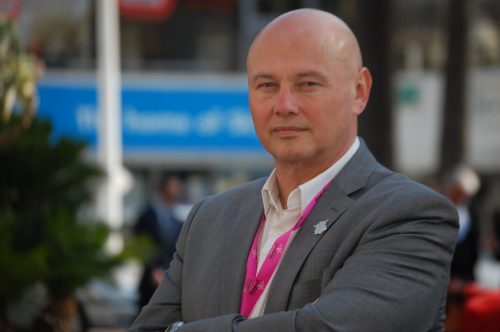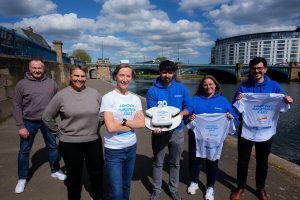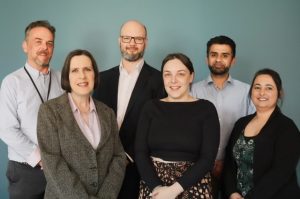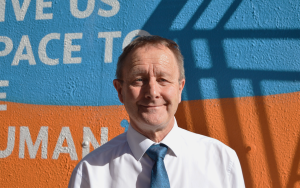City growth must be driven by partnerships, says Council chief exec

Long-term stability and a clear focus on improving infrastructure has helped Nottingham deliver a strategy which should drive long-term economic growth according to its council chief.
Ian Curryer, chief executive of Nottingham City Council, spoke out at an event which saw local authority leaders come together with businesses to discuss new ways of driving economic development when councils are strapped for cash.
Held at Nottingham University Business School and hosted by construction project management consultancy Turner & Townsend, the event discussed ideas from the specialist economic think tank Centre for Cities.
It says that rather than selling publicly-owned property to try to make up budget shortfalls, councils should instead use them to kick-start comprehensive visions for economic development which could regenerate areas, attract new investment and drive long-term growth.
The event featured contributions from senior figures at councils across Nottinghamshire, the D2N2 local enterprise partnership, universities and businesses. Discussion was led by Curryer, who said stability in leadership had enabled the City Council to take decisions which brought short-term criticism but long-term benefit.
“You cannot under-estimate the value of political and managerial stability,” he said. “It has helped us to make long-term decisions, such as bringing in a Workplace Parking Levy to help finance transport infrastructure improvement.
“I wasn’t necessarily a popular decision but it enabled us to deliver what we believe is the best public transport system outside London and create a high-growth economy with a distinctly European feel.”
The Centre for Cities debate is taking place against a background of increasing evidence that regional cities are seeking to take greater control of their economic destiny through a mix of devolution and new partnerships with the private sector intended to drive development. Locally, the Derby-Nottingham Metro Strategy will see the two cities collaborate on a single vision for 2030 intended to drive growth.
Michael Henson, of Turner & Townsend, said: “During this discussion we have seen collaboration and partnership mentioned so many times by political leaders and business leaders.
“This is really important because our experience talking to leaders around the country is that for local authorities, now is the time. People want to get involved in shaping their communities, power is being taken by regions and in investment terms what was a local-to-national-to-international conversation is now local-to-national.”
Professor Baback Yazdani, the Dean of Nottingham Business School, said that visible leadership was important at a time when central Government was pre-occupied with the demands of Brexit.
He said: “Despite the demands of Brexit, Government still has a country to run, money to be distributed and physical investments to be made.
“If we as a city have a cohesive call on a few things we can exert much bigger influence. Unless we speak with the same voice e won’t make progress with a Government that has plenty of other things on its mind. So partnership and collaboration is key.”
Chris Hobson, director of policy at East Midlands Chamber of Commerce, said the agreement around developments related to HS2 showed that regional consensus was possible when major opportunities appeared.
“HS2 has been a ‘trigger’ event which helped us to cut across political boundaries and there has been some fantastic work from the partners in that project. We have to harness opportunities for inclusive growth.”
Concluding the discussion, Ian Curryer said city authorities had to provide innovative opportunities to stand out in a busy market, launch initiatives with partners that had the capacity to change the city for the better, and use limited money to intervene in ways which enabled progress.
He said: “Leveraging a city’s assets should be ground in local authorities delivering for citizens and customers. Primarily, we are doing all of this for them – focusing on the economy and how we can translate that into jobs and opportunities for them.
“If we lose our focus on that outcome then the danger is that we simply lose the plot completely. But partnership and collaboration is hugely important. There is a huge amount of intellectual capital in cities and regions and we have to harness it.”









